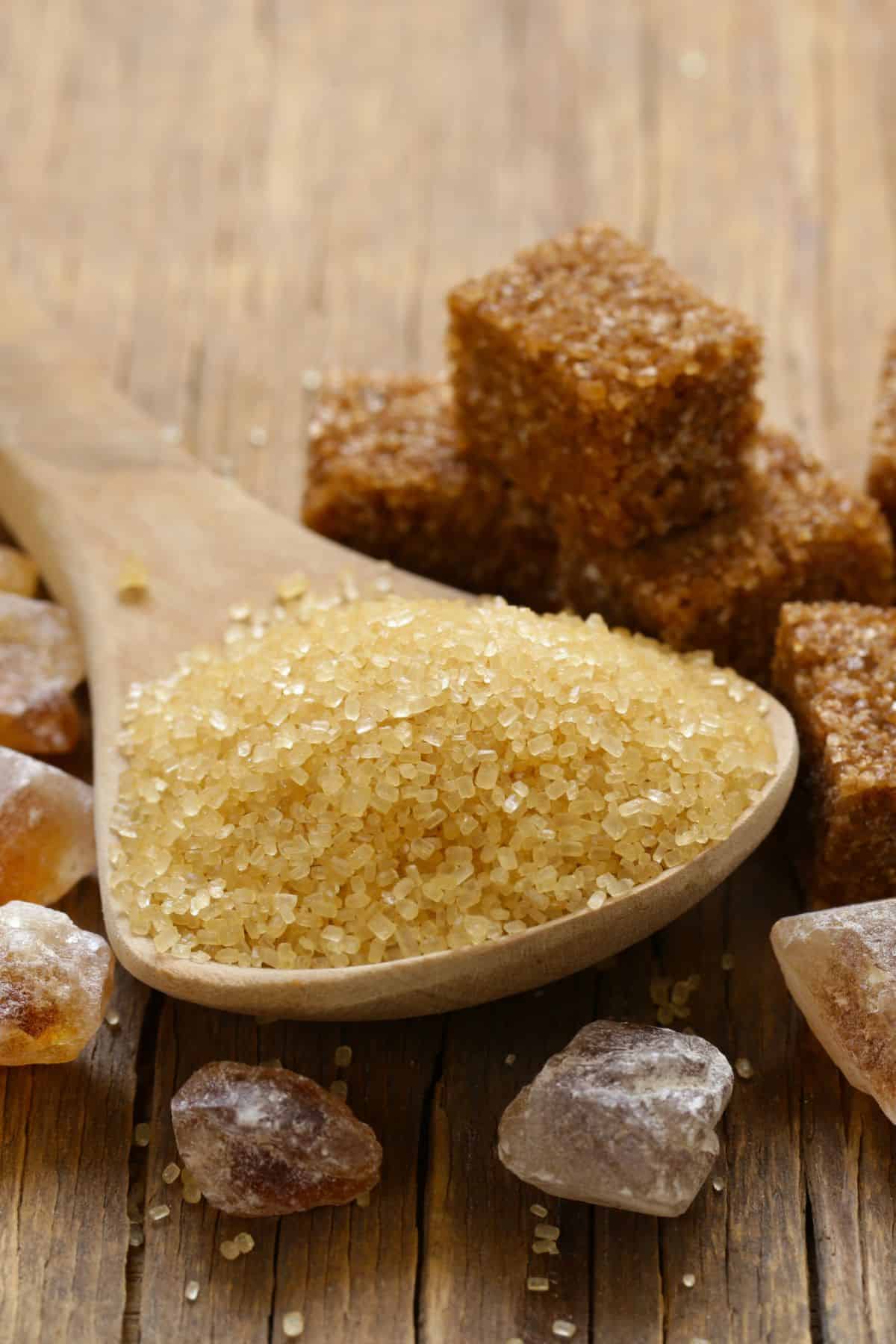Sugar and Cane: Exploring Their Role in Traditional and Modern Cuisine
Sugar and Cane: Exploring Their Role in Traditional and Modern Cuisine
Blog Article
Why Walking Stick Sugar Processing Chemicals Are Crucial for Modern Sugar Refining
The role of cane sugar handling chemicals in modern-day sugar refining can not be overstated, as they are important to improving both the effectiveness of extraction and the overall quality of the last product. Representatives such as phosphoric acid and particular flocculants are employed to get rid of impurities, resulting in sugar that not just fulfills consumer assumptions yet additionally sticks to market requirements.
Function of Handling Chemicals
The efficiency of walking cane sugar processing hinges substantially on the tactical application of processing chemicals. These chemicals play an essential duty in boosting the efficiency and top quality of sugar removal and refining. From the first phases of juice extraction to the final filtration actions, handling chemicals assist in different essential procedures.
In the removal stage, chemicals such as phosphoric acid and calcium hydroxide are used to enhance the clarification procedure, aiding to remove contaminations and suspended solids from the walking stick juice. This not only enhances the yield however additionally makes sure the quality of the final item. Additionally, agents like flocculants aid in the rapid settling of impurities, thereby simplifying the total process.
Turned on carbon and ion exchange materials offer to get rid of color and smell, making sure that the refined sugar meets customer quality criteria. Thus, the meticulous option and application of these chemicals are crucial for attaining optimum results in walking stick sugar processing.
Key Sorts Of Chemicals
Walking stick sugar handling relies on a range of vital chemicals that promote each stage of manufacturing. These chemicals play crucial duties in clearing up, bleaching, and cleansing the sugar extracted from walking stick.
One key classification of chemicals consists of flocculants, such as polyacrylamide, which aid in the information process by promoting the aggregation and settling of pollutants. Additionally, calcium hydroxide is typically utilized to reduce the effects of level of acidity and help in the elimination of non-sugar parts.
Bleaching agents, such as activated carbon and sulfur dioxide, are made use of to decolorize the syrup, causing a more clear last item. These chemicals aid eliminate color compounds that may influence the sugar's appearance and bankability.
Furthermore, phosphoric acid functions as a pH regulatory authority during the handling phases, guaranteeing optimal conditions for the chemical tasks included in sugar removal and purification.
Other crucial representatives include edta (ethylenediaminetetraacetic acid), which chelates steel ions that can catalyze unfavorable responses, and sodium hydroxide, which assists in pH control throughout the refining process. Collectively, these chemicals improve performance and guarantee a high-quality cane sugar product.
Benefits for Sugar High Quality
Frequently neglected, making use of certain handling chemicals dramatically enhances the total top quality of cane sugar. These chemicals play a critical function in refining procedures, making sure that the end product fulfills stringent industry criteria for pureness and preference.

Furthermore, refining chemicals assist in attaining a consistent granulation and appearance, which are crucial for consumer acceptance. By regulating the condensation process, these chemicals guarantee that the sugar crystals create evenly, resulting in an extra enticing product that liquifies well in different applications.
Additionally, using these chemicals can enhance the life span of walking cane sugar by decreasing wetness absorption and microbial growth. On the whole, the critical application of processing chemicals is important for supplying premium cane sugar that meets consumer expectations and sector demands.
Environmental Effect Factors To Consider

Moreover, the energy-intensive nature of sugar refining, intensified by chemical use, commonly results in boosted carbon emissions. This adds to environment adjustment and elevates concerns concerning the sustainability of present refining methods. Additionally, the sourcing of these chemicals might involve techniques that intimidate biodiversity, such as monoculture farming, which reduces the resilience of agricultural communities.

To mitigate these impacts, sugar refiners are increasingly checking out lasting choices and taking on finest techniques that reduce chemical use. Executing rigorous environmental monitoring systems can assist guarantee that the refining procedure straightens with ecological criteria and advertises biodiversity. Inevitably, a well balanced approach that prioritizes both sugar top quality and ecological stewardship is necessary for the long-term stability of the sugar market.
Future Trends in Refining
As the sugar industry faces the ecological challenges connected with typical refining methods, innovative techniques are emerging to enhance both efficiency and sustainability. One significant fad is the adoption of eco-friendly chemistry concepts, which prioritize the usage of safe, naturally degradable processing chemicals. This change not only reduces environmental influence yet also addresses customer need for cleaner manufacturing approaches.
One more promising development is the execution of sophisticated filtration technologies, advice such as membrane separation and adsorption processes. These techniques improve the clearness and quality of the sugar while lowering the quantity of wastewater generated during refining. In addition, the assimilation of digital technologies, including IoT and AI, is transforming functional effectiveness by making it possible for real-time tracking and anticipating maintenance, therefore decreasing source waste.
Furthermore, using by-products from sugar refining, such as bagasse and molasses, is acquiring traction. These products can be exchanged biofuels or value-added items, adding to a circular economic climate within the market. Collectively, these trends signify a shift in the direction of more lasting techniques that not only boost operational efficiency yet likewise straighten with global sustainability objectives, making sure the future practicality of sugar refining.
Conclusion
Walking stick sugar processing chemicals are crucial in modern-day sugar refining, substantially boosting the effectiveness and quality of sugar extraction. The critical use these chemicals not only improves Check Out Your URL the purity and taste of the end product but additionally makes sure regular formation and appearance. As the industry increasingly focuses on sustainability, the fostering of environmentally-friendly processing agents is most likely to form future trends in refining, eventually bring about higher top quality items and expanded service life for customers.

Eventually, a balanced technique that prioritizes both sugar high quality and ecological stewardship is vital for the long-term viability of the sugar industry.
Walking stick sugar handling chemicals are vital in contemporary sugar refining, substantially enhancing the performance and top quality of sugar extraction.
Report this page